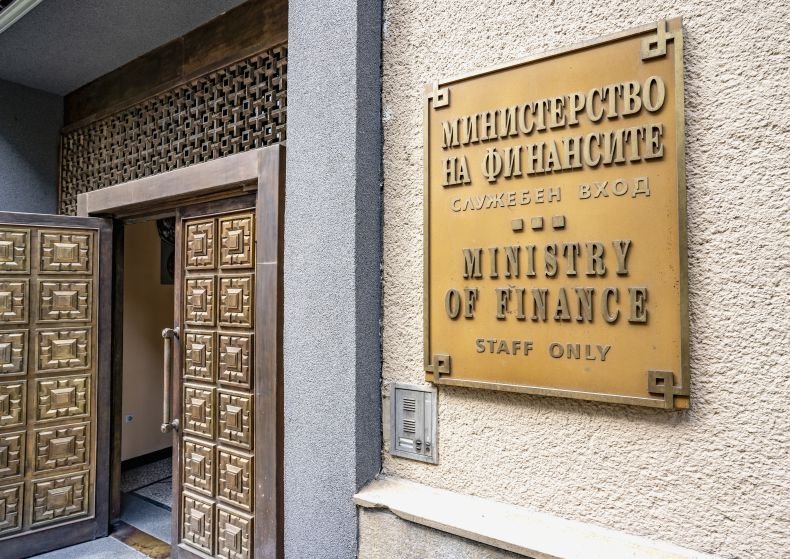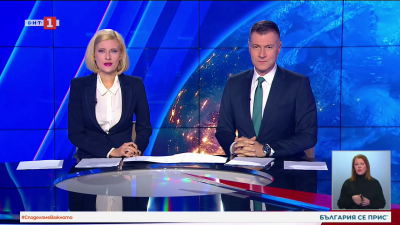Finance Minister asks ministries to cut spending by 20% over budget risk

Caretaker Finance Minister, Rositsa Velkova, on March 15 asked all other ministers to reduce the spending of the ministries by 20% because of the risk to the budget.
Last night, hours before the Council of Ministers meeting, she sent a letter to the Prime Minister and the ministers with the justification for this request, "24 hours" daily reports.
At today's cabinet meeting, this request will be approved as a protocol decision and its implementation will begin. The reasons for Velkova's concern are the significant amount of expenses from laws passed by previous National Assemblies. Their implementation leads to a deterioration of the budget balance - it is expected to be in deficit by around 7% of GDP, Velkova warns. The Finance Minister highlighted the increase in pensions and social wages, reduced tax rates, and unfulfilled European and national investment programmes as the most threatening to fiscal stability.
As some of the measures adopted by the 47th National Assembly in 2022 came into force at the end of the year, the 2022 deficit remained within the fiscal limits of national and European legislation. However, the full-year effect of the implementation of these policies and the shifting of unrealised investment spending lead to a significant increase in the 2023 budget expenditure and, in the medium term, deficits are again in the range of 6-7% of GDP, Velkova warns.
Here are the risks the finance ministry points to justify the requested cuts in ministry spending.
1. Serious deterioration of the medium-term fiscal sustainability;
2. Changes in the structure of expenditure in favour of fixed social payments and wage costs and a lack of flexibility to phase out existing and implement new policies and programmes;
3. The risk of our country being included in an excessive budget deficit procedure is increasing, already on the basis of projections of breaches of fiscal rules, which gives rise to obligations to take immediate, corrective measures, failure to comply with which could lead to sanctions by the EC, including suspension of EU payments;
4. Indefinite postponement of the country's accession to the euro zone or setting conditions for a change in the currently fixed exchange rate of the lev against the euro;
5. Probability of deterioration of the country's credit rating;
6. An increase in the cost of debt financing and difficulties in issuing external and domestic borrowing, which will create liquidity problems for financing budget expenditures, as well as lead to a significant increase in interest costs for debt servicing. In this scenario, the country may need to borrow from the IMF, which will also impose restrictive fiscal requirements as a condition for the loan;
7. If the outlined negative deficit trends persist, the possibility of approaching the upper limits of the debt criterion of 60% of GDP at an accelerated pace increases.
Get the latest news wherever you are!
Follow us on
Facebook
and
Instagram
Follow BNT’s YouTube channel
You can now also watch us on
TikTok
Find us on
Google News























